We have much more to do and your continued support is needed now more than ever.
Affiliate of the Week: Kansas Wildlife Federation
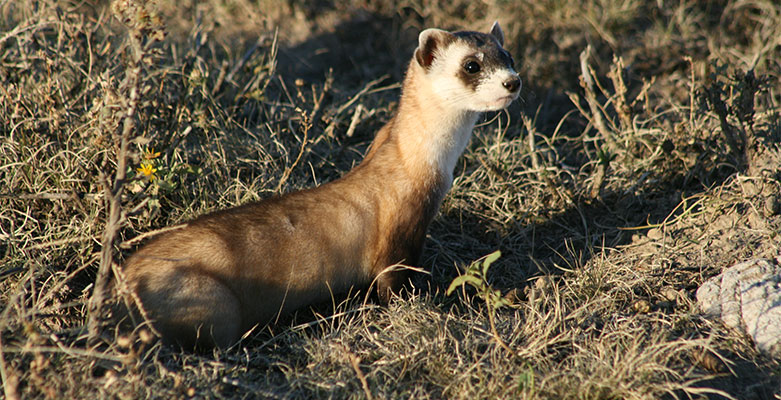
In honor of our 80th Anniversary celebration throughout 2016, the National Wildlife Federation is recognizing each of our Affiliate Partners in a special “Affiliate of the Week” blog series that showcases the dedicated conservation efforts taking place across the country each day. This week we celebrate our affiliate, the Kansas Wildlife Federation, and their commitment to wildlife.
Who We Are
Since 1950, the Kansas Wildlife Federation (KWF) has been the grassroots organization of hunters, anglers and concerned wildlife conservationists in the state of Kansas. Dedicated to the sustainable use and appreciation of the state’s wildlife and natural environment, KWF has worked tirelessly over the years to engage Kansans in conserving the state’s natural environment.
As the National Wildlife Federation celebrates 80 years of conservation, KWF celebrates its 65th Annual Meeting and its 66th anniversary as a proud NWF affiliate and leader in Kansas conservation.
What We Do
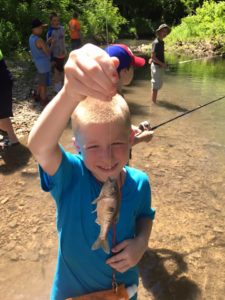
KWF also spends each legislative session monitoring the state House and Senate to ensure bills promoting and supporting healthy habitats and wildlife are supported. KWF also roots out unfavorable legislation and works with other conservation organizations and citizens to defeat it. Always vigilant, the KWF board works hard each year to safeguard the state’s valuable wildlife and habitat.
Making A National Impact
For many years, KWF has been on the forefront of ferret recovery, working to fight for habitat, and also serving as a partner to release and monitor ferrets in Western Kansas. Once thought to be extinct, the black-footed ferret is on the road to recovery. This has been a slow process, accelerated only by the work and dedication of a few committed conservation organizations and the U.S. Fish and Wildlife Service. This initiative is part of a larger regional effort occurring in 11 other states and Canada that will hopefully lead to a full recovery for the ferret in the future.
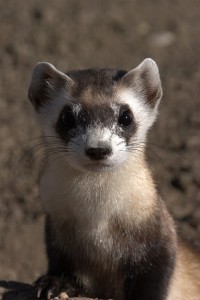
Along with their conservation efforts for individual species like the black-footed ferret, KWF has been active for several years in support of a significant Conservation Title for the Farm Bill, which greatly impacts Kansas directly and provides crucial federal conservation funding for habitat and wildlife. KWF and many other National Wildlife Federation affiliates joined together and activated support to ensure strong funding for wildlife was included in the development of the final Agricultural Act of 2014.
In concert with the National Wildlife Federation and other affiliate groups, the Kansas Wildlife Federation took an important step in 2015 by engaging in program development to save pollinators and management for monarch butterflies in the state. In 2016, these efforts will include developing a coalition of conservation organizations in the state, in partnership with the Natural Resources Conservation Service (NRCS), to develop a plan to create habitat for pollinator species.
Get Involved
The Kansas Wildlife Federation will be hosting their 65th annual meeting this year with the theme of “Pollinators and Prairies”. To kick things off right, KWF has invited NWF CEO Collin O’Mara to be their keynote speaker and create a rally cry for their efforts in saving pollinators throughout the state.
Save the Date: The Kansas Wildlife Federation invites all, local NWF members to join them and celebrate their annual meeting February 26-27, 2016. For registration and hotel information, please visit their website, www.kswildlife.org.
Connect With KWF
Connect with the Kansas Wildlife Federation to get their latest news and keep up with their conservation efforts: Facebook, Twitter, or by visiting their website.

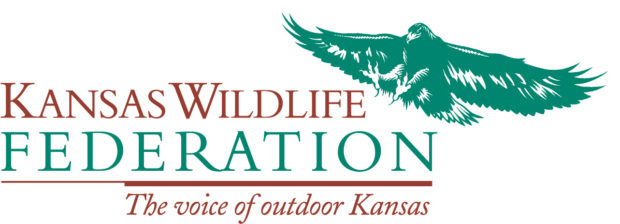
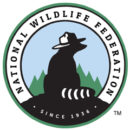


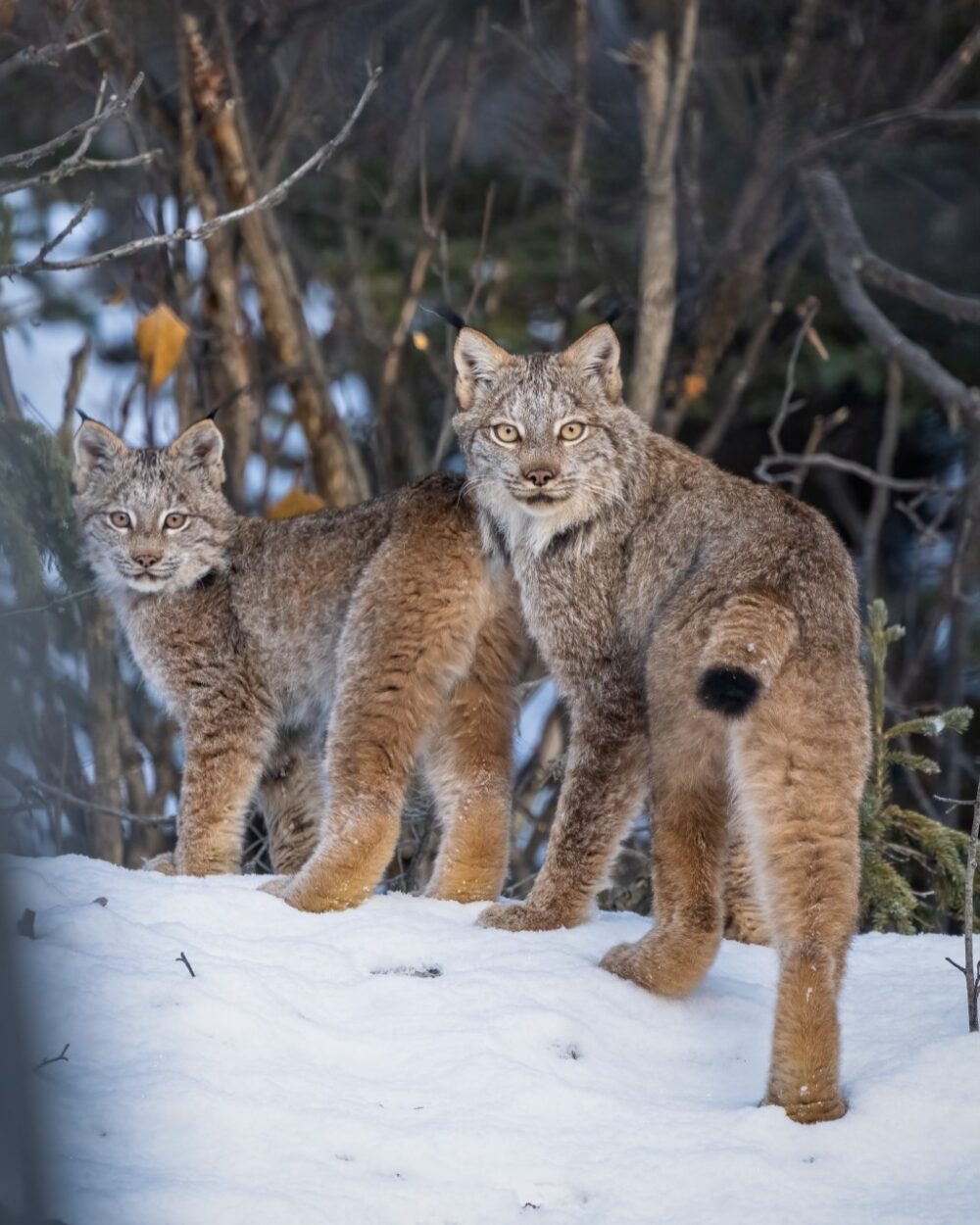
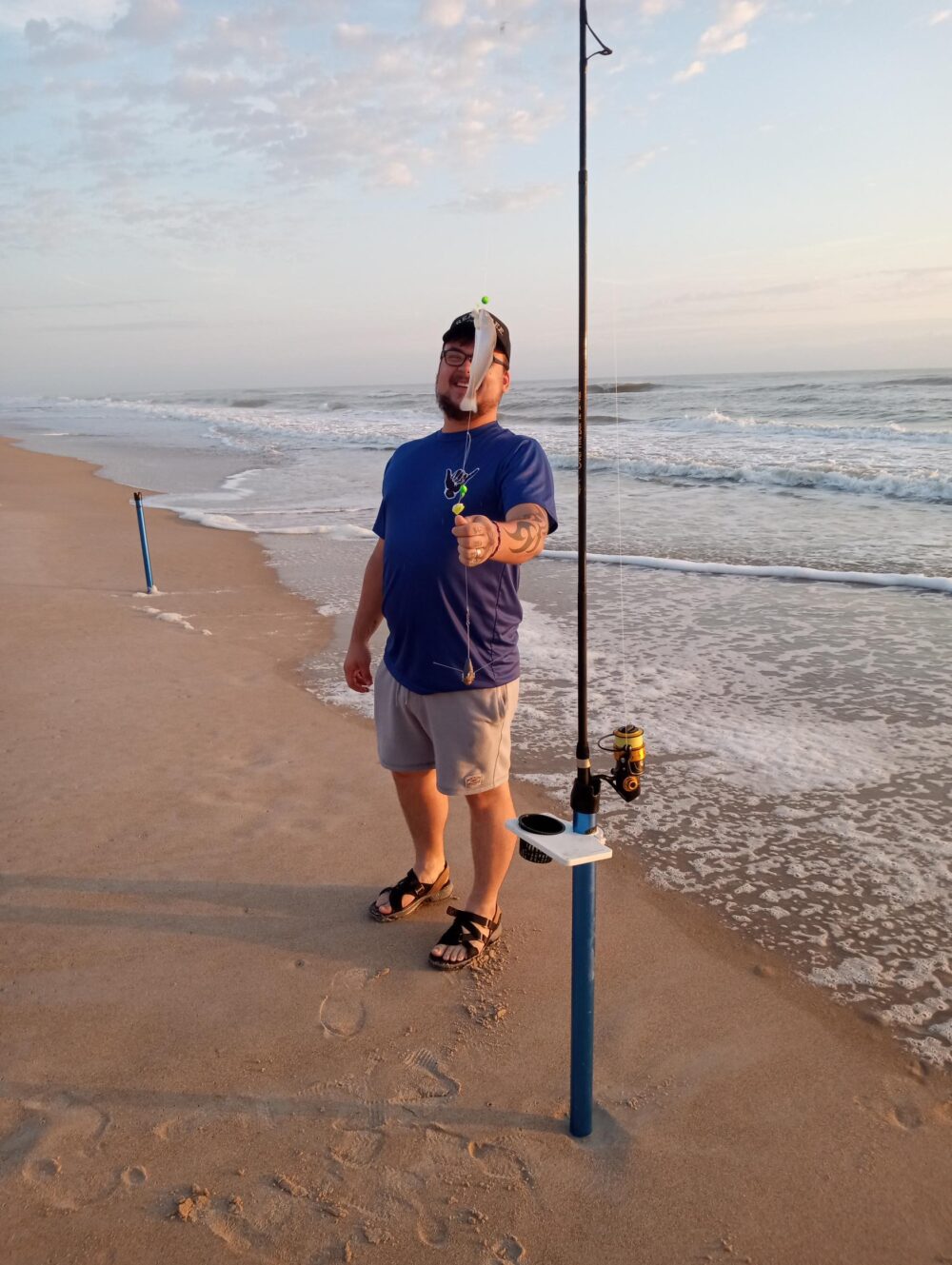
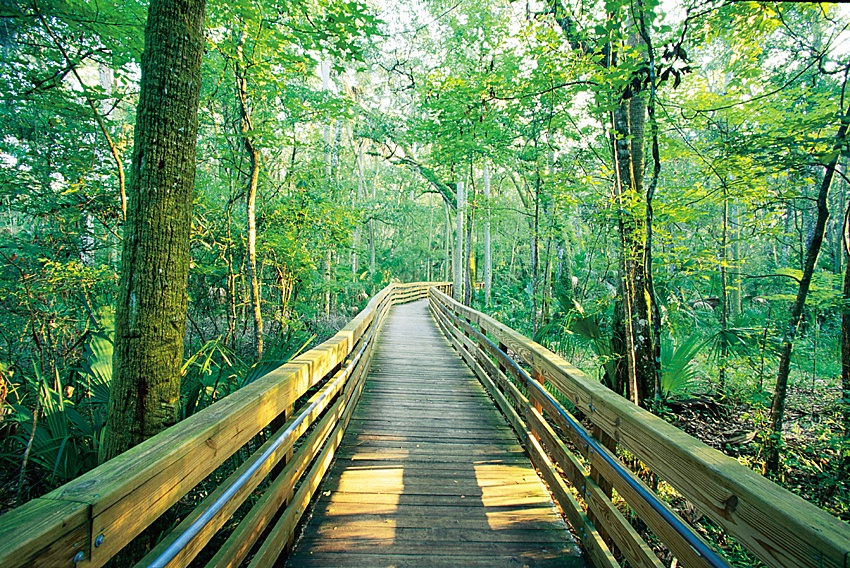
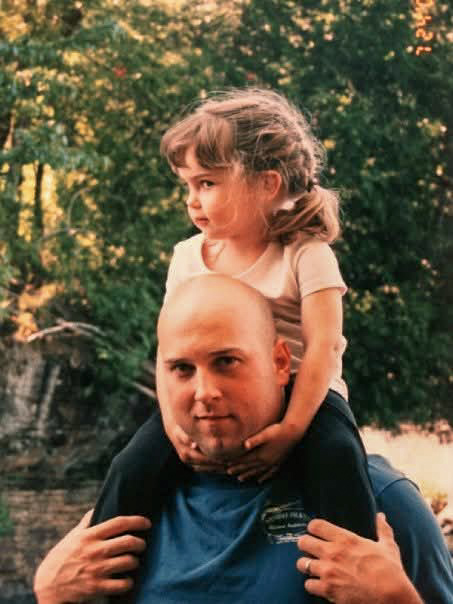






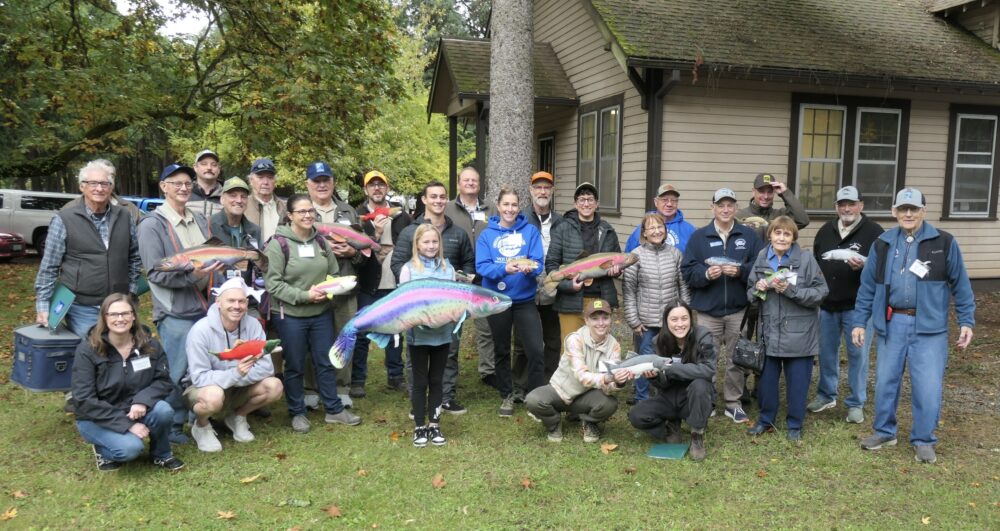
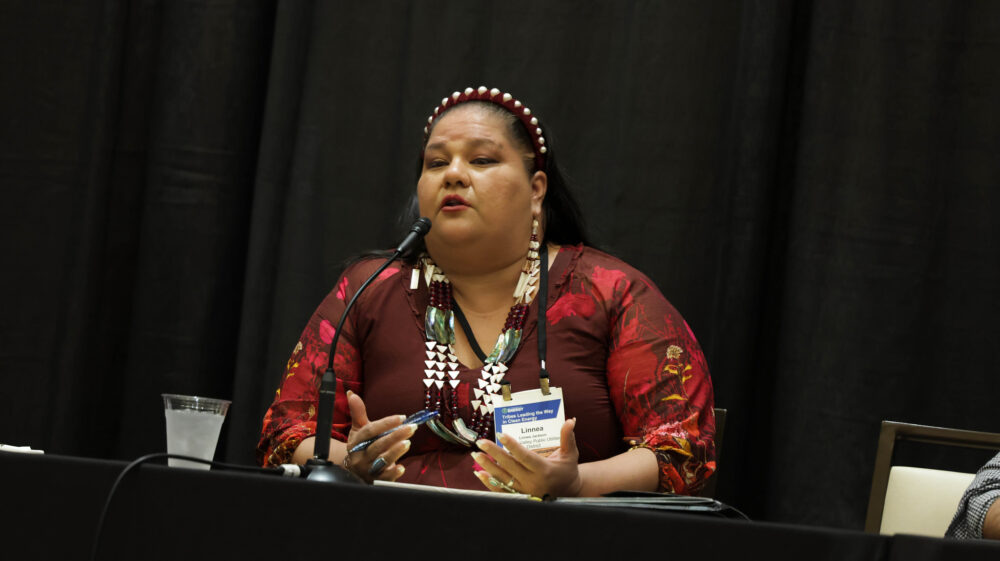



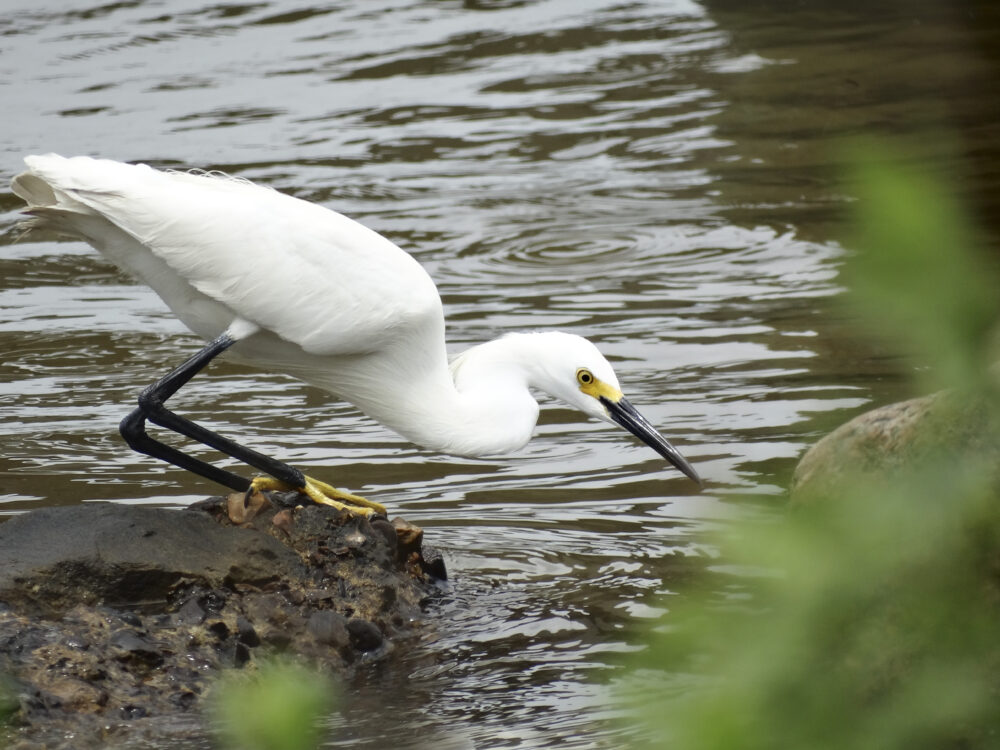
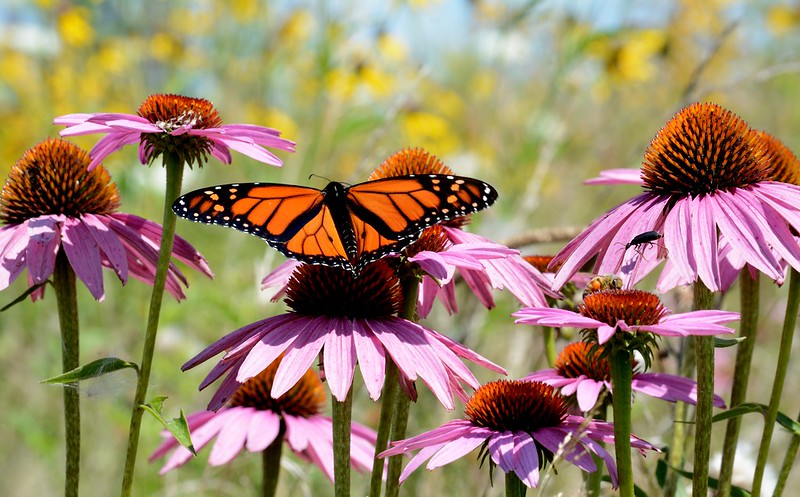

Building Momentum: What’s Next for Beaver Conservation in Colorado